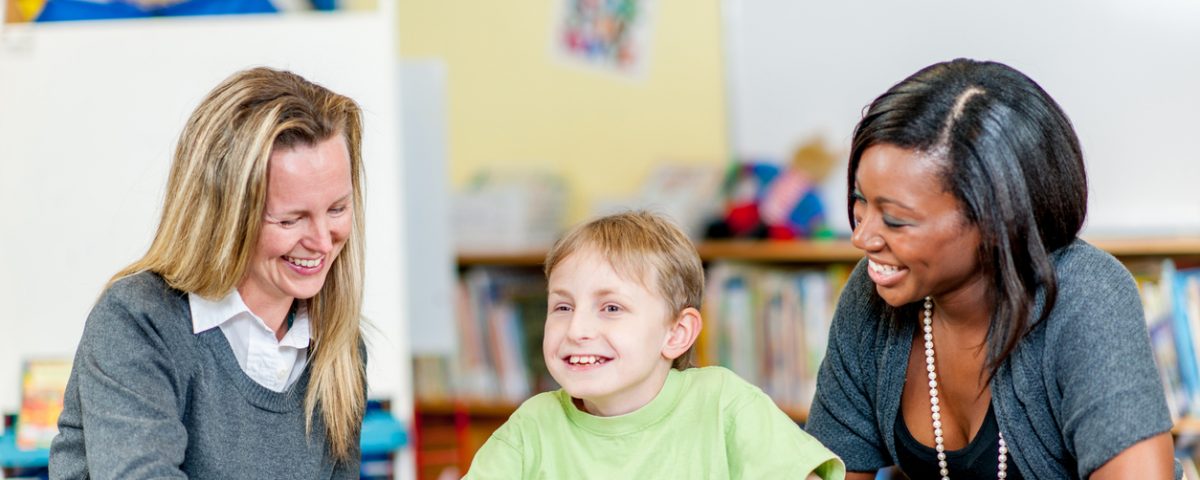Helpful Tips for Working with Parents of Special Education Kids

What is Political Skill?
June 28, 2021
The Advantages of Working in Special Education
July 12, 2021Helpful Tips for Working with Parents of Special Education Kids
Being a teacher means dealing with a wide range of stakeholders, including other professionals, administrators, students, and parents. For an educator of exceptional children, it’s often the parents or guardians that present the biggest challenge. However, teachers have a professional, moral and legal obligation to engage with parents to ensure their students needs are being sufficiently met. Here are some tips that will help special educators to handle those situations like a pro:
Open Communication Channels
The teacher is the primary source of communication for parents. Parents of a child with special needs often have anxiety about their child’s school activities and performance. Communication channels should be open from the start of the school year. Updating parents frequently and staying proactive to avoid complaints is extremely helpful. Feedback as well as advance notice of important dates and events will be much appreciated and will help to establish a trusting and positive relationship.
Start Conversation With a Positive
Educator preparation programs train teachers to structure conferences and written communications like a sandwich, with positive bread and constructive filling. This is good practice for any communication with any child. Starting the conversation with a light greeting or a funny story will relax the parents. The main issue should comprise the bulk of the conversation, and the closing should focus on positive steps to help the student move forward, ending with thanks and polite good-byes.
Don’t Be Overly Critical
Communication should never be colored with personal feelings, especially if the child’s behavior is less than ideal. Teachers should stick to the facts and avoid criticism, balancing the negatives with positives when possible without glossing over or minimizing the important issues. Parents will appreciate a candid discussion, but too much criticism will put them on the defensive.
Share Resources
The special education teacher is the expert with professional responsibility to provide the best for the child, which often includes educating the parents. The teacher should provide parents with additional information and access to websites, literature, and agencies that can be helpful to their specific needs.
Avoid Diagnosing
Teachers should never attempt to diagnose a student or directly request any kind of medication. While a teacher’s scope is broad, it does not include medical expertise; all diagnoses and treatments should be left to the professionals in that field.
Don’t Label or Stereotype
Every child is an individual with a set of unique needs. Teachers should always avoid labeling or stereotyping students but should get to know their special characteristics and treat them accordingly. Parents will notice and appreciate the individual attention, and students will respond best when they feel seen.
Dealing with parents can be overwhelming and sometimes discouraging. However, if teachers take the initiative to forge a relationship built on mutual respect and communication, the resulting partnership can be positive and beneficial.
About PGUI
Professional Governmental Underwriters, Inc., is a full-service risk management company dedicated to assisting public, educational and non-profit entities in the management of their professional liability exposures including educators liability insurance. We are dedicated to providing state-of-the-art professional underwriting management and loss control advisory services on behalf of our designated carriers. For more information, call us toll-free at (800) 586-6502.


